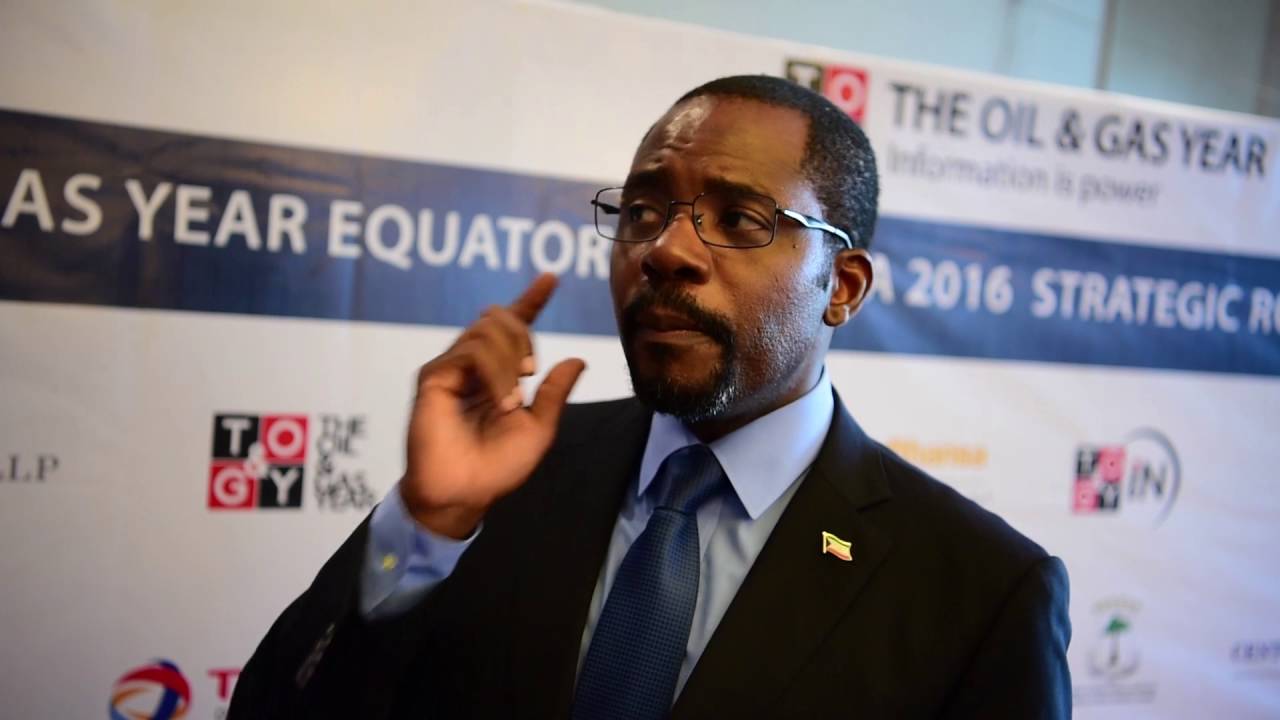Equatorial Guinea, OPEC’s newest member, is taking steps to stem the decline in its oil production following the acquisition by Kosmos Energy Ltd. of fields currently operated by Hess Corp.
For two to three years there has been a trend of U.S. companies operating in Africa, but not re-investing there, said Gabriel Obiang, the nation’s Minister of Mines, Industry and Energy. The purchase by Dallas-based Kosmos of Hess’s 85 percent stake in the Ceiba and Okume offshore fields could improve output in the short to medium term, he said.

“For Equatorial Guinea, for Nigeria, for any producers, it’s the same story, we have been two years reducing costs, drilling very few wells,” Obiang said in an interview in Cape Town. “We clearly have to be realistic that we’re going to be affected by the reduction in our wells, in our operations.”
Equatorial Guinea joined the Organization of Petroleum Exporting Countries in May, making the group the largest it’s ever been. Its oil production is capped at 128,000 barrels a day until the end of March as part of the group’s effort to eliminate a supply glut. In the longer term, the nation plans to increase output to 300,000 barrels a day and offered permits last year to bring in foreign investors for exploration. Winners of the licensing round included Exxon Mobil Corp. and Ophir Energy Plc.
Oil prices have finally stabilized, Obiang said. “The price that we’re having right now, we’re coming to the conclusion that we need to be realistic and learn to live with that price.” The country is adjusting all its planning according to that, he said.
The government of Equatorial Guinea also reached a $220 million settlement on “tax issues” with the two partners in Ceiba and Okume — Hess and Tullow Oil Plc — the ministry said in an emailed statement on Monday. Two years ago, the country refused to approve the sale of Hess’s producing offshore assets to foreign bidders.
“Hess has been a key leader in the oil and gas industry and instrumental to the country’s growth over the long term,” Obiang said in the statement. “We are pleased the companies worked with us to revolve this situation amicably.”
Africa is increasingly a destination for shipments of liquefied natural gas to generate power, Obiang said in the interview. Equatorial Guinea is supporting an initiative to regulate the market on the continent both with the use of an indexed price and a structure that will include all parties from suppliers to end users, he said.
Equatorial Guinea could become a supplier of LNG through Ophir’s Fortuna offshore project. A final investment decision is expected by the end of the year or the first quarter of 2018, he said.
Before it’s here, it’s on the Bloomberg Terminal.










